A bit offtopic, anyone knows what engineering studies you need to finish to make engines like these guys? It must be pretty enjoyable and exciting building rocket enginesOne limiting factor of China's space launches is the engine production rate, and it will be improved as more pulse production lines begin operation.
You are using an out of date browser. It may not display this or other websites correctly.
You should upgrade or use an alternative browser.
You should upgrade or use an alternative browser.
China's Space Program Thread II
- Thread starter Blitzo
- Start date
escobar
Brigadier
CASC's Tongchuan engine testing facility, the most powerful in Asia, is expected to begin operation by the end of March. It will support the development 500t dual-nozzle YF-130, 360t single nozzle YF-135, 240t reusable kerolox engine and more.Phase I construction of the new engine test complex is almost complete, during which two test stands will be built. Right now, equipment installation and testing are underway. By the first half of this year, the facility is expected to carry out an initial test of the 500-ton YF-130 engine for the Long March 9 rocket.
Images below depict the installation of two 100-cubic-meter cryogenic oxygen tanks. Each tank weighs 70 tons and is 17m tall and 4.2m in diameter.
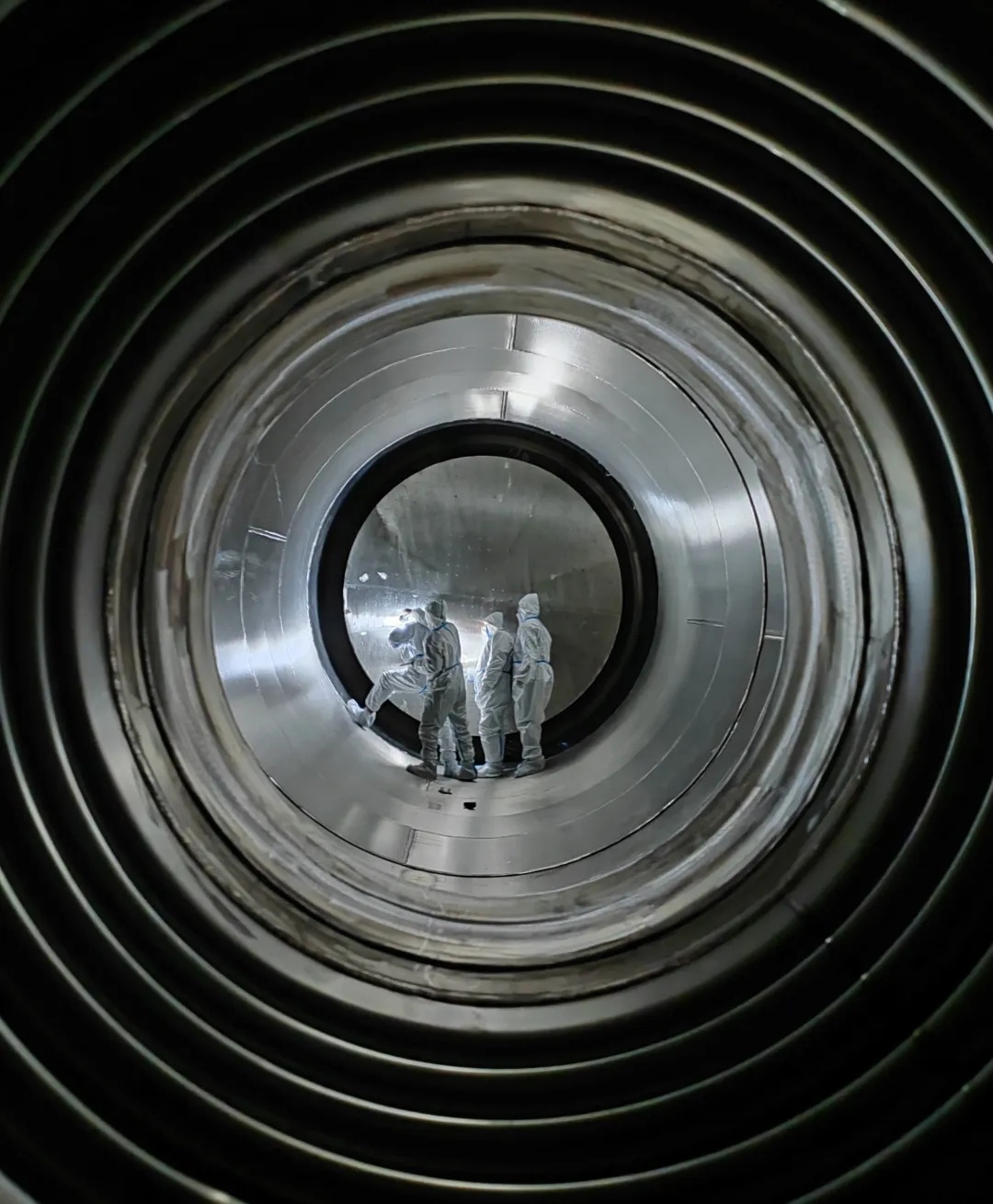
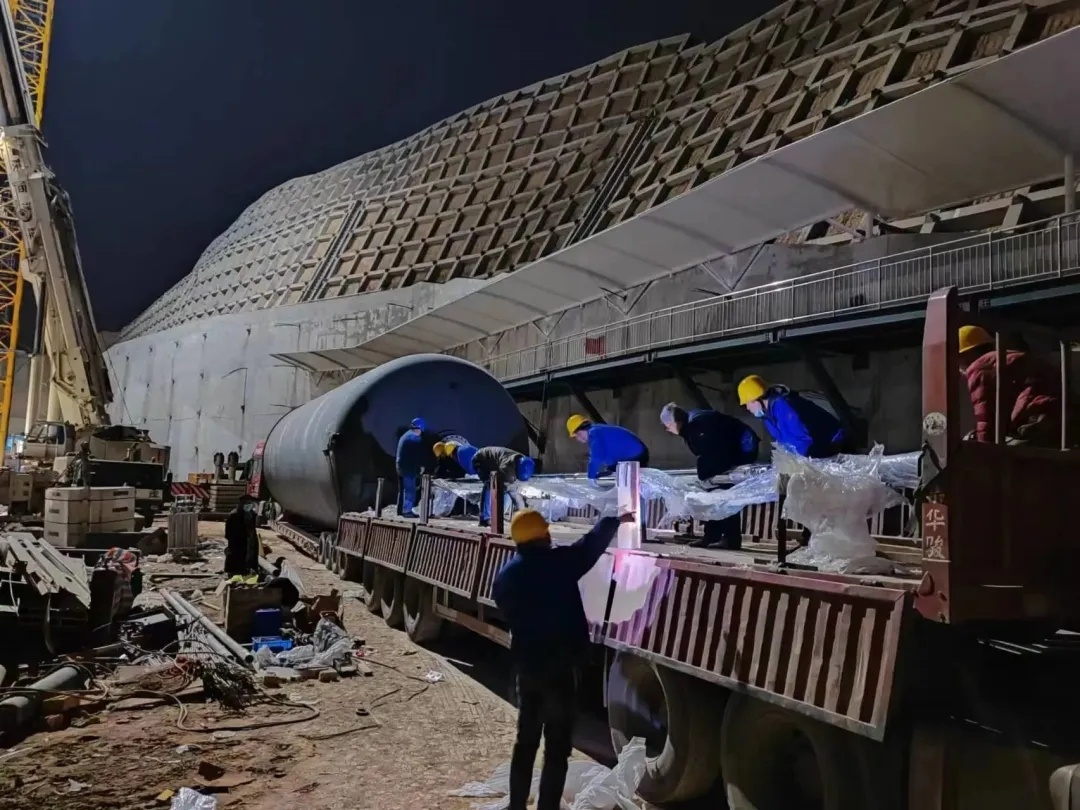
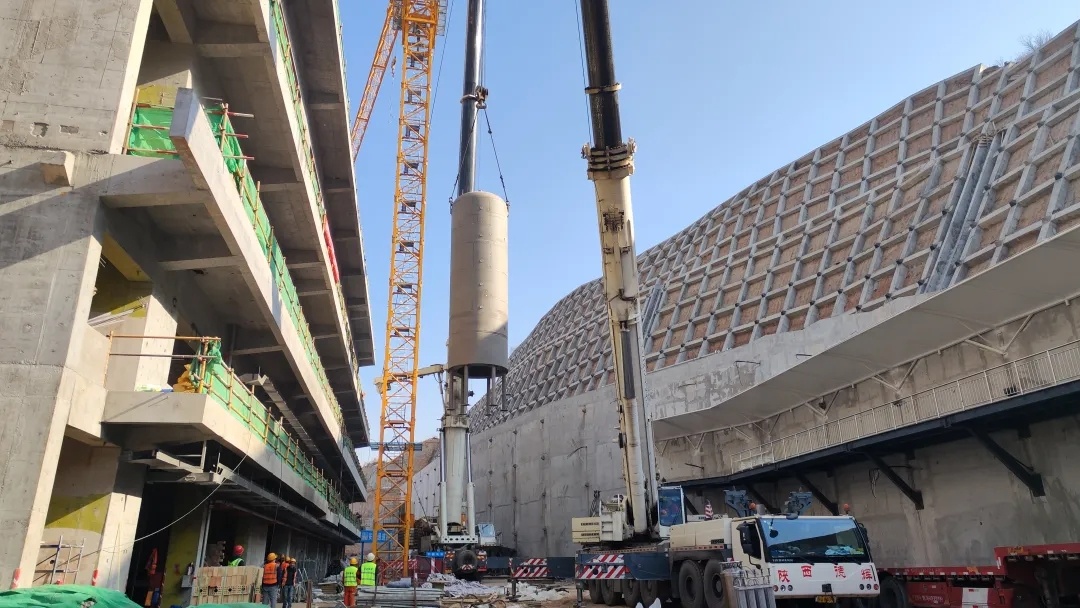

by78
General
The development of the 500-ton YF-130 engine extensively utilized digital design and simulation technologies from day one, and the development cycle was shortened significantly as a result. It took only four years from project commencement to the first engine test run. By comparison, the previous YF-100 engine took 10 years to reach a similar stage.

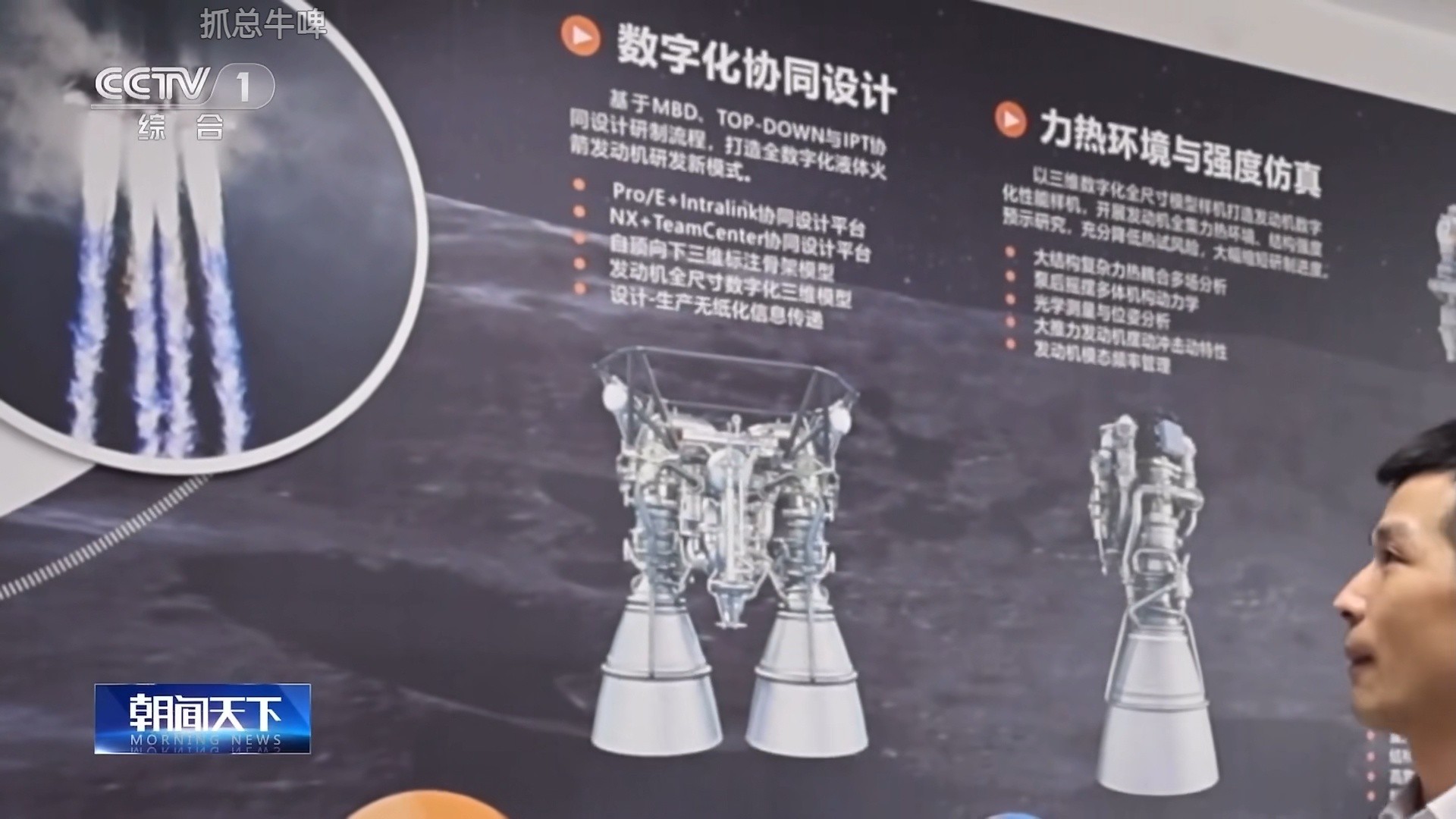
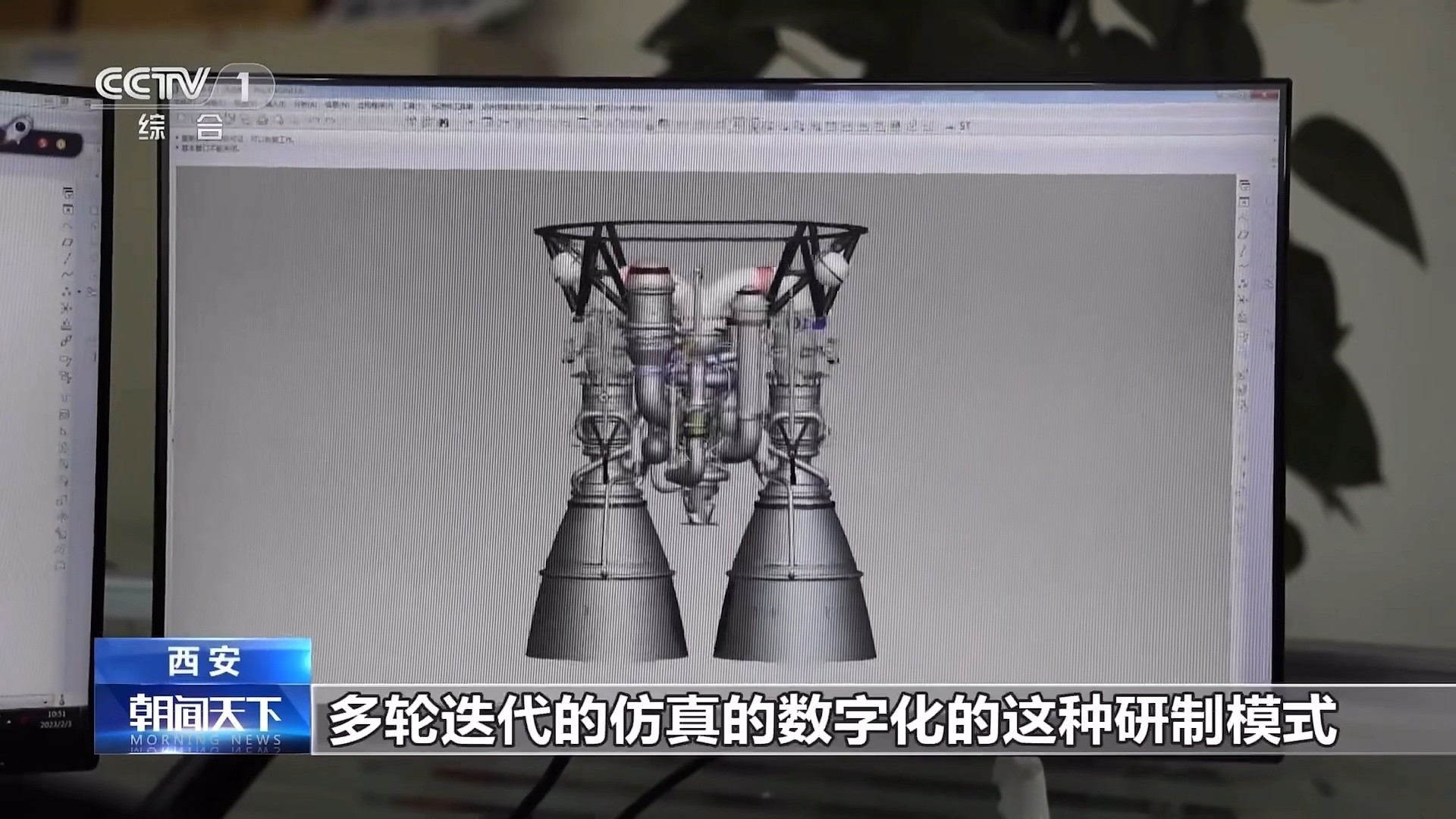





A bit offtopic, anyone knows what engineering studies you need to finish to make engines like these guys? It must be pretty enjoyable and exciting building rocket engines
Rocket science
But it’s really a multi disciplined project that touches on dozens of study areas - but the main ones are physics(especially in the areas of fluid dynamics and combustion), material science, mechanical engineering, physical/electrical engineering(for circuits to monitor/control the engine) and even computer engineering for the flight computers.
broadsword
Brigadier
Rocket science
But it’s really a multi disciplined project that touches on dozens of study areas - but the main ones are physics(especially in the areas of fluid dynamics and combustion), material science, mechanical engineering, physical/electrical engineering(for circuits to monitor/control the engine) and even computer engineering for the flight computers.
Looks to me it's actually rocket science and should have its own faculty.
antiterror13
Brigadier
The next Long March 5 scheduled for launch will feature a lengthened payload fairing of 18.5m, bringing the rocket's total length to 62.8m. Below is an illustration of the lengthened rocket (middle panel) compared to the regular LM-5 (left) and LM-5B (right).

What is the payload?
by78
General
What is the payload?
I don't know.
航空宇航推进理论与工程 Aviation and Space Propulsion Theory and Engineering.A bit offtopic, anyone knows what engineering studies you need to finish to make engines like these guys? It must be pretty enjoyable and exciting building rocket engines
This is a major among BUAA, NUAA, NUDT, AFEU (PLAAF) and NWPU. It is then divided in Aviation propulsion and Space Propulsion (rocket engine).
Details,
Don't know what exactly faculty means since I've never went to a western university. In China's Gaogao application, "Aviation and Space Propulsion Theory and Engineering" would be equal to "Electrical Engineering" as 1st/major choice (系/department). "Space Propulsion" would be equal to "Radio Engineering" or "Semiconductor Design" as 2nd/minor choice (专业).Looks to me it's actually rocket science and should have its own faculty.
